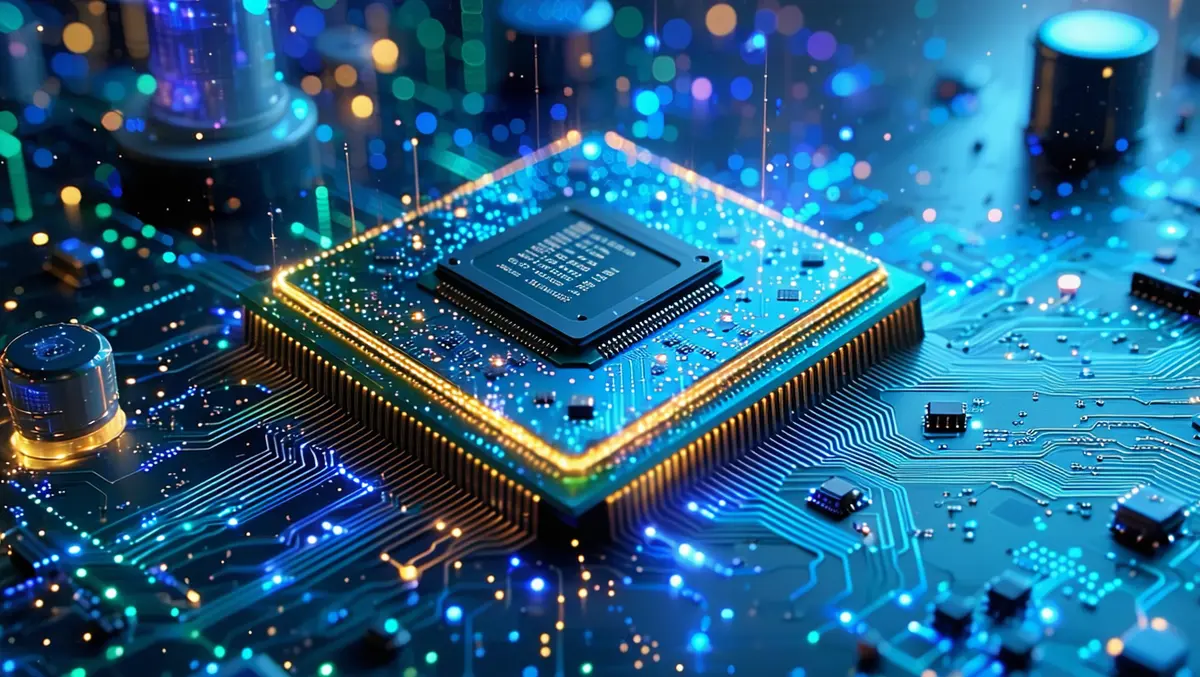
Ubitium secures USD $3.7m to develop universal processor
Ubitium, a hardware startup, has announced a USD $3.7 million seed funding round for the development of a universal RISC-V processor.
The Düsseldorf-based company aims to redefine the processor industry by introducing a universal chip that consolidates all computing tasks, potentially eliminating the need for specialised CPUs, GPUs, and other chips. This development signifies a departure from the established paradigm introduced by IBM's Tomasulo algorithm in 1967. With a current market size of USD $500 billion, the processor industry has long relied on a complex ecosystem of specialized chips for different computing tasks.
The seed funding round, co-led by Runa Capital, Inflection, and KBC Focus Fund, will enable Ubitium to advance its processor technology. The company plans to develop initial prototypes and provide development kits to customers, with commercial chips expected by 2026.
Martin Vorbach, Ubitium's Chief Technology Officer, has spearheaded the development of the company's workload-agnostic microarchitecture. Vorbach's extensive experience includes over 200 semiconductor patents, paving the way for a universal processor capable of handling diverse computing workloads.
"The $500 billion processor industry is built on restrictive boundaries between computing tasks," said Hyun Shin Cho, CEO of Ubitium.
"We're erasing those boundaries. Our Universal Processor does it all - CPU, GPU, DSP, FPGA - in one chip, one architecture. This isn't an incremental improvement. It is a paradigm shift. This is the processor architecture the AI era demands."
Cho further elaborated on the impact of the new processor: "For too long, we've accepted that making devices intelligent means making them complex. Multiple processors or processor cores, multiple development teams, endless integration challenges—today, that changes. Our Universal Processor delivers workload-agnostic and AI-enabling compute capabilities to edge devices with a single chip, at a fraction of the cost to develop and manufacture compared to today's offerings."
The company targets the semiconductor market, projected to exceed USD $700 billion by 2025, initially focusing on embedded systems and robotics. Ubitium's technology aims to simplify system architectures and reduce costs, thereby making AI capabilities more accessible across various industries without the need for specialised hardware.
Dmitry Galperin, General Partner at Runa Capital, expressed confidence in Ubitium's approach: "We're impressed by Ubitium's unique approach to processor microarchitecture, which is now able to adapt to any type of workload—from simple control logic to massive parallel data flow processing."
Rudi Severijns, Investment Director at KBC Focus Fund, added: "What Ubitium brings will provide a real breakthrough to develop and launch any new product with embedded electronics. Their approach will reduce the cost as well as the complexity, allowing a much faster time-to-market. What previously required multiple teams to collaborate on hardware and software design now becomes purely a software project."
Jonatan Luther-Bergquist, Partner at Inflection, remarked on Ubitium's market position: "Ubitium was a perfect fit as a contrarian bet on a stellar team working on generalized compute capacity in a world of chip specialization."
Calista Redmond, CEO of RISC-V International, commended Ubitium: "We are excited to see Ubitium leveraging the flexibility and scalability of the RISC-V architecture."
"Their innovative approach to universal processor design exemplifies the freedom of innovation made possible by the RISC-V Instruction Set Architecture and highlights the potential for RISC-V to drive advancements in edge computing and AI applications."
Ubitium intends to expand its offerings by developing a range of chips that maintain a common microarchitecture and software stack, allowing for scalability across applications from small devices to high-performance systems. The company aims to standardise its universal processor to break through cost and complexity barriers in deploying advanced technologies.
Hyun Shin Cho concluded with a future vision: "We envision a future where every device operates autonomously, making intelligent decisions in real time and transforming the way we interact with technology."


